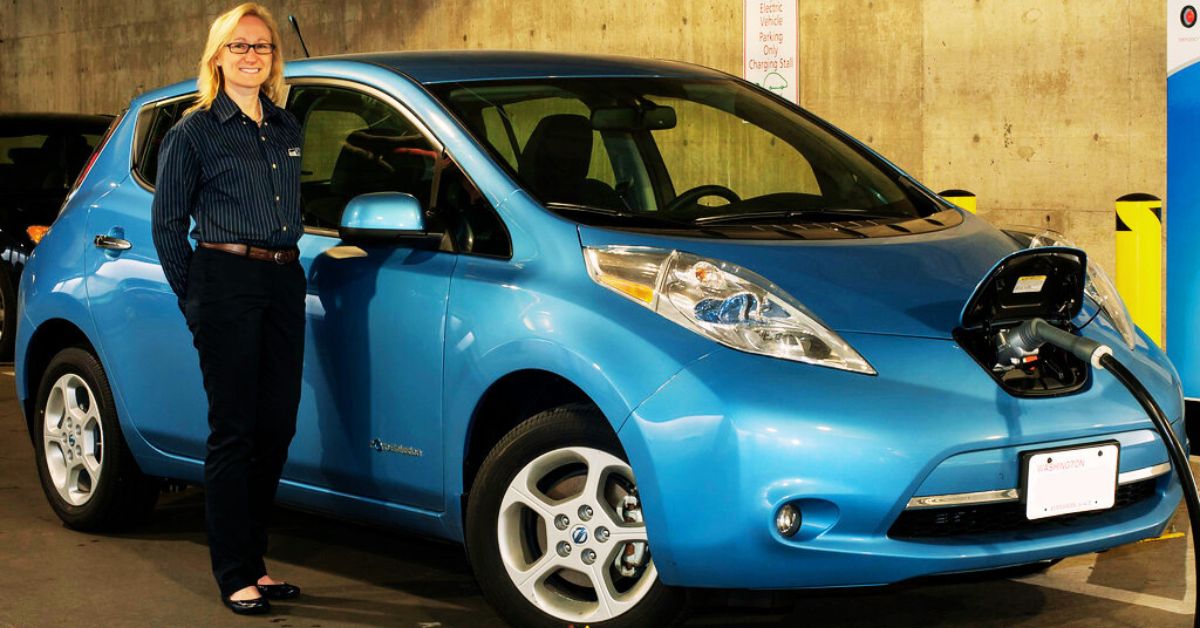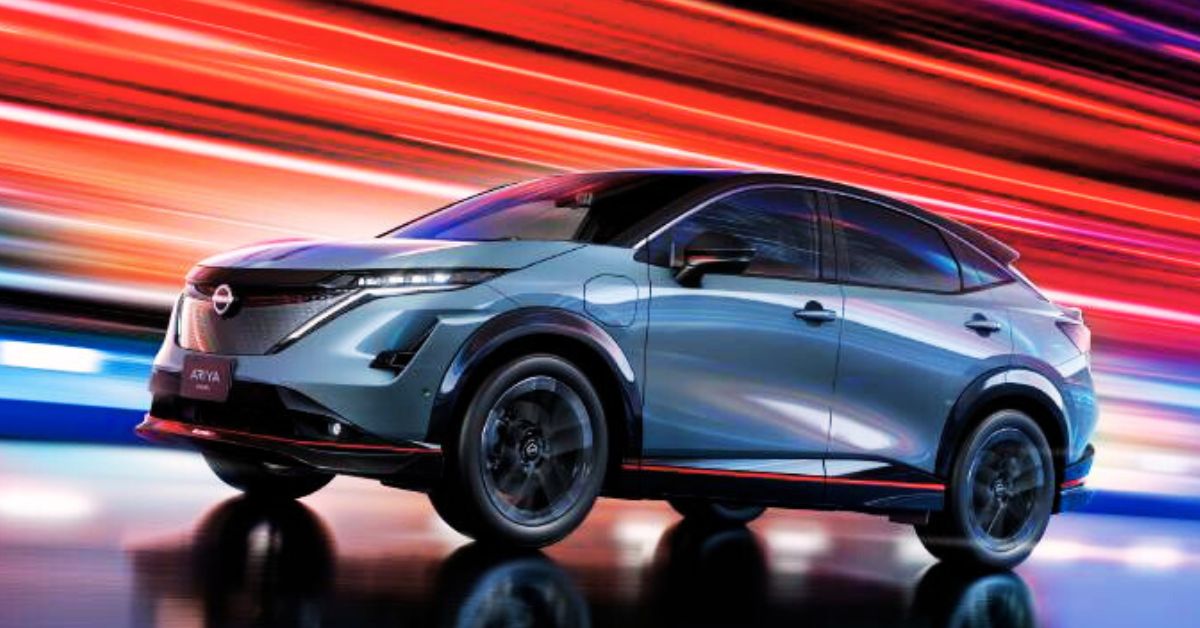
The company has decided to discontinue its app, the one that lets users remotely control features like heating. Why? Well, it turns out the UK’s 2G network is getting the boot, and that’s the reason behind this tech shake-up. So, if you’ve been enjoying the convenience of tweaking your heating settings from afar, it’s time to brace for a change!
Customers are pretty upset about it, expressing their frustration to the BBC because they didn’t see this app withdrawal coming. The problem might not stop here, as experts predict more electric vehicles could face similar issues as the market expands. The withdrawal hits about 3,000 Nissan Leaf and e-NV200 cars produced before 2016. The hitch is these older models have 2G control units that talk to the app, causing the inconvenience.
Starting April 1, 2024, the NissanConnect EV app, associated with Nissan Leaf and e-NV200 models made before 2016, is closing shop due to the phasing out of 2G technology. The good news? Owners can still access key features like the Climate Control Timer and Charging Timer directly through their car’s Navigation System.
He said the app’s remote access for features such as heating the car or charging remotely at cheaper times was “a major selling point” when he bought the car second-hand in 2022.
While the current impact is limited to a small number of drivers, industry experts are forecasting a broader trend. They anticipate that a growing number of vehicle owners will confront analogous issues in the future.
Nissan missed a trick by not building in some backward compatibility, allowing cars to stay connected through options like phone plug-ins or Bluetooth. This hiccup isn’t just a Nissan thing – other electric vehicle owners might face similar troubles as technology marches forward and companies stop rolling out updates. Brace yourselves for a potential future where car manufacturers might start asking for a monthly subscription fee, giving you access to cool extras like apps. The tech revolution is hitting the road, and our cars need to roll with the changes!
The hiccup with the Leaf has a lot to do with it being an electric vehicle trailblazer. When it first hit the scene, it was the main player in the mass-market EV world, which means the software it’s using is, well, a bit of a vintage model. So, the issue at hand is more about keeping up with the times than a major malfunction. It’s like looking back at the pioneer days of electric cars!
As technology progresses, even newer cars will lose some functions over time. However, the good news is that they’ll likely keep running smoothly for a much more extended period compared to the first Leaf, which had that ancient tech under the hood. So, it’s not all gloom and doom for the modern rides!



